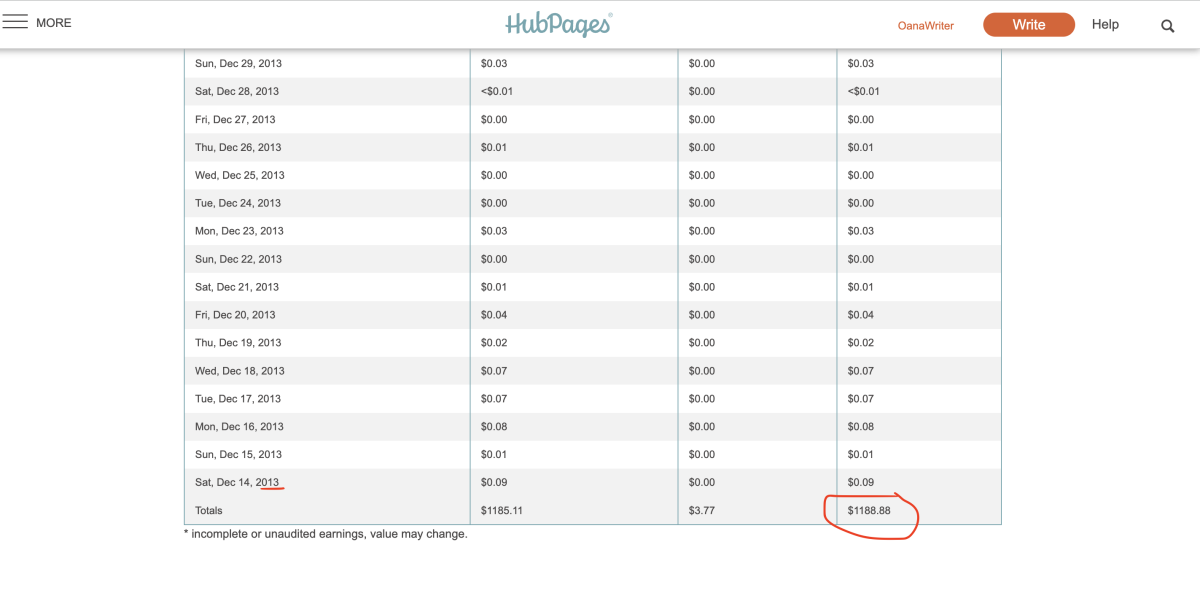Why are keyword clusters important?

The human mind and keyword searches
Keyword clusters are important because of the way the human mind works. The reason people search is to locate information or products. The questions in their minds are who, what, why, when, or where. The majority search using more than one word. The combinations of words they search are their clusters.
In a comment on one of our articles were these questions. By answering the questions we believe everyone will gain an understanding of how keyword clusters work and why they are important.
Question about clustering
"I want to be clear about clusters. Suppose I write about how to sing? Would clustering be "How to sing, vocalize, increase your singing range, and sing on key?"
The answer is questions
The people who use a search engine are asking questions. Use who, what, how, why, when. These are questions people ask. "How do I improve my singing voice?" What does vocalization mean?" "Why is range important in singing?" You notice there are only three tags. This is because it is the currently recommended number to use.
Question-What should the title contain?
"That would be the title? As I understand it, I would also repeat it in the first and last paragraph?"
Answer- Keep the title short
Article titles should be as short as possible, yet contain one keyword cluster. The others should be used in content and tags. With tags what you are really doing is saying your article contains the answers to the question the search engine user is asking
Who is your audience?
Don’t write to the search engine. Your audience isn’t a spiderbot. It is a human being who is looking for information. Google understands this and has been changing search parameters so quality content can be found. Other search engines have followed Google's lead and most are basing where content is found based partly on the comments and shares of readers.
Value to readers equals page ranking
Now comments; then others sharing your work with their friends and followers have more bearing on where you will be placed than on page optimization. The keyword clusters job is to be found by searchbots when search engine users have searched a majority of the tag or title you have used.
Placement of keyword clusters
Your first paragraph in any writing tells the reader what they are going to find in the article. If your article is about your keyword cluster of course it should be there. The last paragraph is a summary of what the reader has read. Again the keyword cluster should be there. Choose a cluster that can be put in a complete sentence which makes sense to the reader.
Avoid optimization
You should find words of the cluster, not the entire cluster in your content. This is other than the first and last paragraphs. If you are writing to the audience it will happen naturally. Your tags should have most of the words in content within 85 characters which again are in sentences which make sense to the reader.
Keep promises
Please understand this article is here because of a promise we made to the person asking the questions. For us it would have had more value on our company blog or another platform. The moral; keep your promises to your readers. When you write an article make sure it pertains to the title and keywords.
Where is the free way to create them?
Google AdWords is a good place to create clusters out of words which have been searched. If your goal is to optimize earnings it is not the best tool. There are programs which can actually tell you which words convert the highest.
Summary
Putting together a combination of high converting words with low competition is the best way to use clusters. To those who plan to optimize their earnings from what they write this is why keyword clusters are important.
© July 3, 2012 4:40 PM CDT updated January 17, 2013 Dennis Thorgesen for Lisech eMarketing, All rights reserved.
New Google page
- Google Keyword Tool
Newest Google Keyword Tool with Webmaster Help and Google Tool Chart. Easy remember URL. Helpful free Webmaster resource and tool box.








